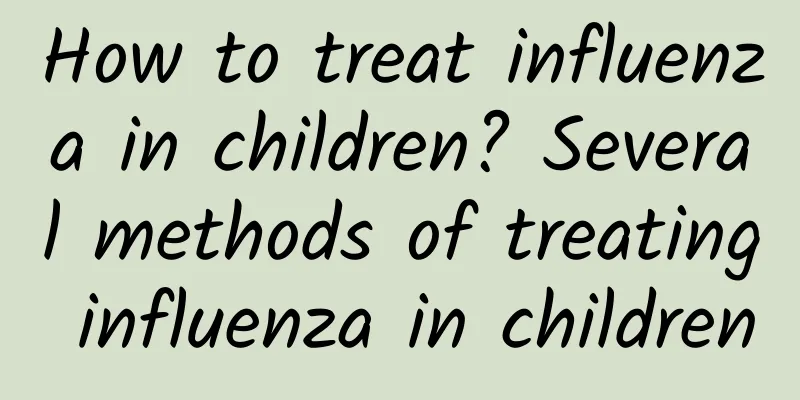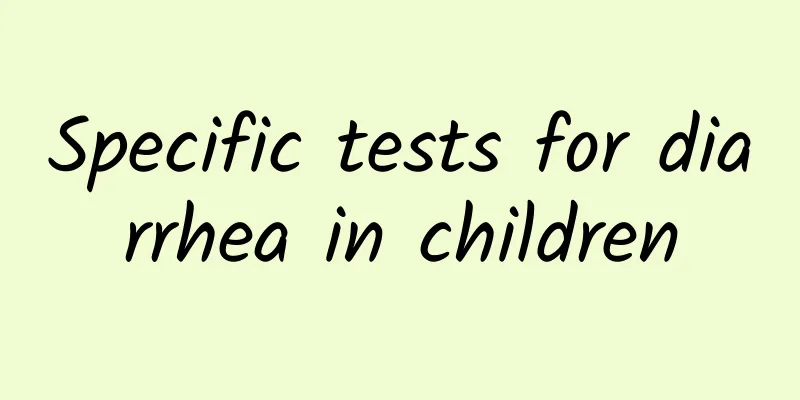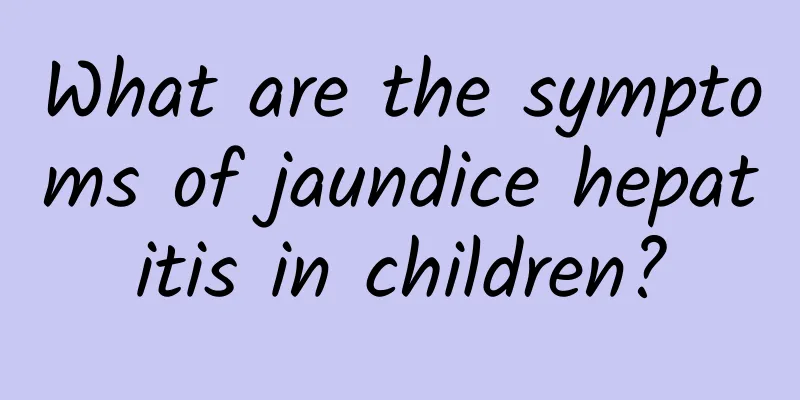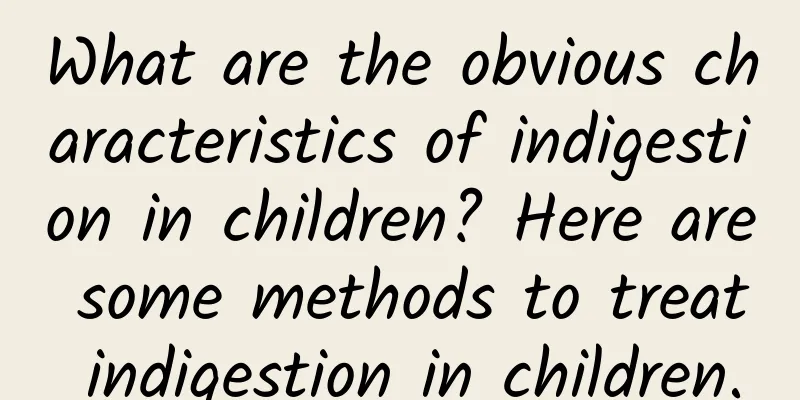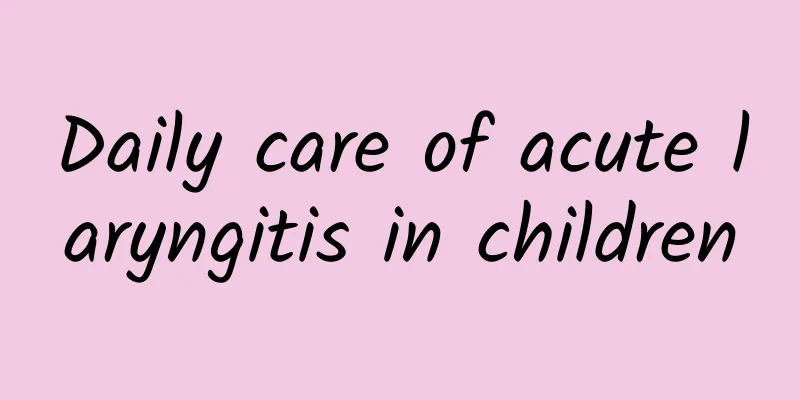How should neonatal jaundice be classified? What are the causes of neonatal jaundice?

|
Neonatal jaundice is one of the most common clinical problems in the neonatal period. It is caused by the accumulation of bilirubin in the body, which leads to yellowing of the skin, sclera and other organs. Some children may recover on their own, but a small number of neonatal jaundice require treatment. Let's learn about the causes, classifications, and recurrent episodes of neonatal jaundice with Qiao Ping, chief physician of Zhaoqing First People's Hospital. What are the causes of neonatal jaundice? The causes of neonatal jaundice mainly include the following aspects: 1. Hemolytic disease is the most common cause of pathological jaundice, especially in newborns; 2. Infection. Some babies may be infected in the womb or at birth; 3. Favism in Guangdong and Guangxi; 4. G6pD deficiency can also cause neonatal jaundice; 5. Breast milk jaundice. How should neonatal jaundice be classified? Neonatal jaundice is mainly divided into two categories: physiological and pathological. Physiological jaundice is basically harmless to the newborn's body. It is just a physiological process and does not affect the growth and development of the newborn. However, pathological jaundice is divided into many types and is caused by many factors, including hemolysis, infection, perinatal hypoxia, gastrointestinal factors, genetics, metabolism, etc. What causes recurring neonatal jaundice? Some newborns will have jaundice repeatedly. The following situations should be considered: 1. If it reappears after completely disappearing, you need to pay attention to whether there is infection or hepatitis in the later stage; 2. Neonatal jaundice has not completely subsided. For example, if the neonate underwent phototherapy during hospitalization, it did not completely subside after stopping the phototherapy and rebounded. If the rebound is severe, it may be that other diseases of the neonate have not fully recovered. For physiological jaundice, special treatment is generally not required. It only requires enhanced feeding and promotion of bilirubin excretion to resolve naturally. However, pathological jaundice requires phototherapy and drug intervention, and the cause of jaundice needs to be identified and treated for the primary disease. If treatment is not timely, it may cause bilirubin encephalopathy and damage to the nervous system. In severe cases, it may cause death, so it needs to be taken seriously. |
Recommend
What should I do if my newborn baby has pathological jaundice? 4 ways to prevent pathological jaundice
Neonatal jaundice is divided into physiological a...
How to prevent influenza during breastfeeding? What are the ways to prevent influenza during breastfeeding?
1. Get a flu shot Breastfeeding mothers will not ...
What are the symptoms of baby pneumonia? There are 4 symptoms of baby pneumonia
What are the symptoms of baby pneumonia? There ar...
What to do if your baby doesn't sleep well? What to do if your baby doesn't sleep well?
When the baby has trouble sleeping, parents shoul...
What are the causes of patent ductus arteriosus?
We should take preventive measures in our daily l...
TCM Diagnosis Methods for Hand, Foot and Mouth Disease
Most parents do not know much about hand, foot an...
The correct way to prevent diarrhea in children
In our daily life, pediatric diarrhea is a very c...
Diarrhea examination in children
Infants and young children have poor resistance a...
How to boost milk production after three days of breastfeeding due to jaundice
During the process of the newborn stopping breast...
The degree and nature of dehydration in children with diarrhea
When children have diarrhea and become dehydrated...
Will eczema recur in children?
Many mothers will encounter this situation: the b...
What is the reason for the baby's sweating? How to treat the baby's sweating
When a baby starts sweating, parents need to choo...
How much does it cost to treat diarrhea in children?
Autumn and winter are the peak seasons for diarrh...
Why does neonatal jaundice occur repeatedly?
Why does neonatal jaundice occur repeatedly? Many...
Daily care methods for polio
Polio is a common disease, and many patients do n...

